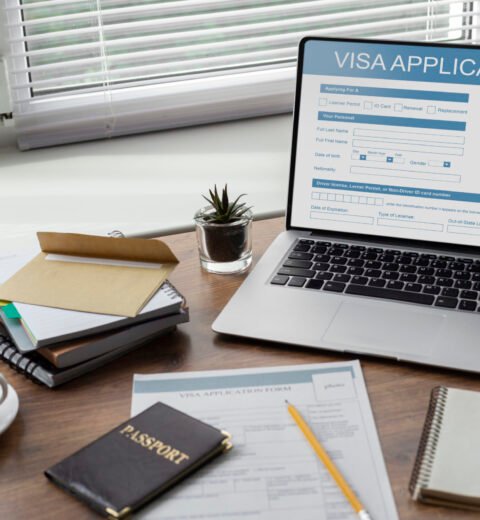Summer in the UK can be expensive—longer days, barbecues, Nigerian weddings, trips back home, school holidays, and endless social events. Before you know it, the credit card balance is higher than expected and the budget feels out of control.
If this sounds familiar, you’re not alone. Many Nigerians in the UK overspend during summer. The good news? You can bounce back quickly with the right reset plan.
Step 1: Review Summer Spending (No Guilt Attached)
Overspending happens to the best of us. Instead of beating yourself up, simply take stock.
👉 Look at the extras: flights, Owambe outfits, dining out, kids’ summer camps, or even late-night Deliveroo.
👉 Ask yourself:
- Was this worth it? (Some experiences are priceless, others… not so much.)
- Any surprises? (Check for forgotten subscriptions or sneaky charges.)
- Where can I cut back next time? (Maybe fewer impulse buys or takeaways.)
This honest review helps you plan better for the next season.
Step 2: Create a Quick Recovery Plan
You don’t need to make drastic changes—just a few small ones.
- Cut one or two expenses for now: Cancel that extra streaming app or swap a takeaway for home-cooked Jollof once a week.
- Return to your “default” budget: Remind yourself of your baseline costs—rent, transport, bills, groceries.
- Set a short-term goal: Pay off £200 of debt, save £100, or cook 15 meals at home this month.
💡 Pro Tip: Try the 50/30/20 rule (50% needs, 30% wants, 20% savings/debt). Even if you can’t follow it perfectly, aiming towards it is progress.
Step 3: Manage Credit Card Balances Wisely
High-interest debt can snowball if ignored.
- Avalanche method: Focus on paying off the card with the highest interest rate first.
- Balance transfer (with caution): Some UK cards offer 0% interest for 12–18 months. Check fees before applying.
- Debt management options: If multiple cards are weighing you down, explore structured plans that reduce interest and consolidate payments.
Step 4: Rebuild Your Emergency Fund
If summer spending drained your savings, start small.
- Save £100 in the next 30 days—that’s just £3 a day.
- Automate transfers from your current account to a savings account.
- Rename the account “Emergency Fund” in your app—it helps reduce the temptation to dip into it.
Step 5: Reset Your Mindset
Overspending doesn’t mean you’ve failed. It just means you had one expensive month. What matters is your next step.
Affirmations to keep you grounded:
- “I made the best choices I could at the time.”
- “I’m not behind—I’m simply resetting.”
- “My next decision matters more than my last.”
Celebrate small wins: cooking instead of ordering out, skipping a purchase, or saving £10. These small actions build momentum.
Final Word for Nigerians in the UK 🇳🇬🇬🇧
Summer is often costly, but every reset is a chance to strengthen your money habits. Whether you’re saving for a mortgage, supporting family back home, or just trying to breathe easier with your finances—remember, small consistent steps matter.
You’ve got this—and at Naija UK Connect, we’re here to help you stay informed, prepared, and connected.
Join Our WhatsApp Channel
Stay updated on the latest UK news, including education, health, job openings, and more for those living in the UK!
Join here: Naija UK Channel
Also, follow us on our social media channels for the latest updates and discussions:
- Twitter: @NaijaUKConnect
- Facebook: Naija UK Connect
- Instagram: @naijaukconnect




